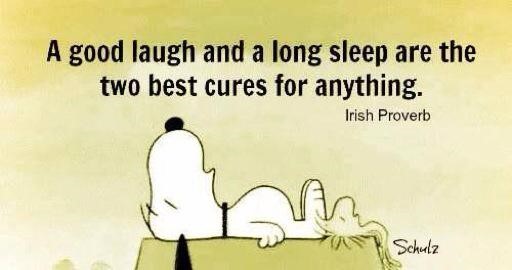We often hear that the golden trifecta for good health is proper nutrition, movement and exercise, and adequate rest. Sleep promotes healing as our body works to repair muscles, organs, and other cells. Our immune systems are strengthened and our body regulates our hormones and creates cortisol, leptin, and growth hormone. But how much is enough, and what can we do to ensure the rest we get is sound, restorative sleep?
The National Sleep Foundation advises that healthy adults get 7-9 hours of sleep per night and that younger people, babies, children, and teens get even more to nurture their growth and development. There is no one-size-fits-all approach, as many people function on less sleep, and some need more.
The quality of our sleep can be greatly enhanced by creating a peaceful wind-down routine before bed, including:
- reducing light and noise in the room, and blocking both from coming from the outside with room darkening shades or machines that create ambient sound
- tapering off on any caffeinated or alcoholic beverages
- getting fresh air and gentle exercise later in the day (careful, as rigorous exercise before bed can cause excitement)
- turning off all digital devices and access to news and TV at least one hour before retiring
- doing something relaxing like reading or meditation
While these things may seem difficult to do, they do create cues that allow us to relax so that we can more easily fall asleep, and stay asleep. Those that have interrupted sleep often wake feeling tired and groggy.
Sleep apnea is a common disorder during which breathing repeatedly stops and starts due to restricted upper airways or misfunction in the central nervous system. Untreated, it can cause daytime sleepiness, and more long-term issues like heart troubles, high blood pressure, and dementia (due to reduced oxygen flow overnight). Sleep apnea occurs in up to 20% of people, and is more common in those who are obese.
Others rely on medication to stay asleep at night. Melatonin is a natural hormone produced in our bodies that plays a role in our sleep. Melatonin production declines with age. Melatonin supplements can be used short-term, but should only be used after consulting with your doctor. Other stronger sedatives can be prescribed for those with chronic insomnia.
Unfortunately, stress and anxiety in the daytime hours often interrupt our sleep at night. Trying to work through issues and identifying our stressors, and the things that bring us relief, fortify our overall health and wellness. For many, social support like time spent with friends, family and pets can reduce overall levels of stress, and help us achieve more restful sleep.



